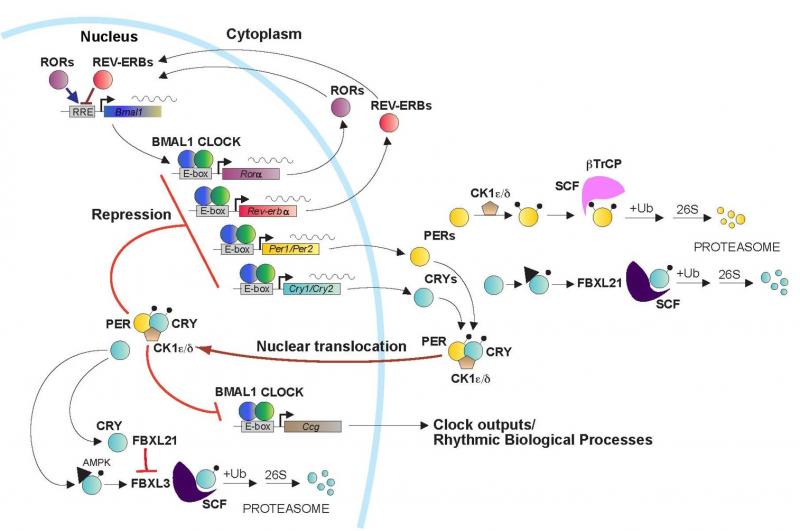
Not all Coastwise members come from Braunton, at the mouth of the River Caen, but there are quite a few !
The word "citizenship" might not be the first thing we'd associate with Coastwise, but Pamela Buchan, of Exeter University's Life and Environmental Sciences Department, explained why she is setting out to explain this.
Pamela is carrying out research towards a PhD thesis entitled "Investigating marine citizenship and its role in creating good marine environmental health". She's picked three organisations to investigate in depth, of which one is Coastwise, and will be starting to collect original data after the current initial desk study phase.
Her previous work, including an MSc study, found that many people prefer the word "citizenship" in relation to helping their community, rather than the term "volunteer". Among other things, she will be looking at :-
– What is marine citizenship?
– Who does marine citizenship?
– How and why do people do marine citizenship?
– How do policy and citizenship relate to one another?
– Can it be effective in promoting good marine environmental health?
She started this interest in marine affairs several years ago with a degree in marine science, followed by research on the biological clock that governs most of terrestrial and marine life. Before moving on to her current interest area in the social sciences, Pamela gave Coastwise members a quick guided tour of the molecular biology that dictates how stimuli, such as light and darkness, tides and temperature affect the brain and thence behaviour.
Overall, one of Coastwise's most wide-ranging talks, and full of interest.
Members will be participating in Pamela's research, and have been promised a progress review as results start emerging !
Pictured R, top to bottom: the mechanism of the biological clock, variation with time of day of some polypeptides, participants in the Marine Citizenship research.

